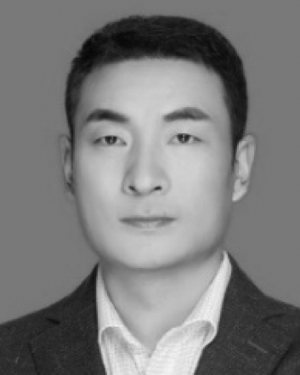I. Introduction
Amidst the global shift towards low-carbon energy and the pursuit of carbon neutrality, transitioning the energy landscape of the transportation and power generation sectors is extremely crucial. Because these two sectors are significant consumers of conventional fossil fuels, research into transportation electrification and renewable energy generation technologies has become very popular [1], [2], [3], [4]. Inverters, as the critical link between dc and ac systems, have emerged as vital components in renewable energy generation systems and electric vehicles [5], [6]. Meanwhile, strategies for controlling inverters have been explored continuously. Proportional-integral control, a linear control algorithm, is widely used in industry due to its relatively simple control principles and low computational requirements [7], [8], [9], [10]. However, there exists a trade-off between the steady-state and dynamic performances of this algorithm. In addition, the inadequate performance of systems with strong nonlinearity, which proves challenging to approximate linearly, is also a significant issue that cannot be overlooked [11], [12]. As the pursuit of better performance on nonlinear systems intensifies, and thanks to the enhancement of the computing power of microprocessor chips, model predictive control (MPC) is beginning to be widely used in power electronics because of its good performance on multivariable and nonlinear systems [13], [14], [15].











